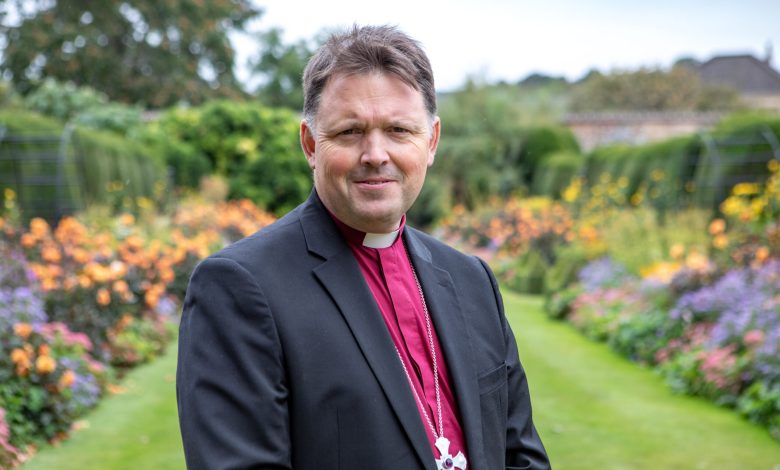“There can be no room for indifference or resignation in the face of climate change” – Bishop of Norwich

Church of England Renews Commitment to Environmental Stewardship on Laudato Si’ Anniversary
The Right Reverend Graham Usher, the Church of England’s leading voice on environmental matters, has issued a powerful call for the United Kingdom to maintain its commitment to achieving net zero carbon emissions. Speaking on the tenth anniversary of Pope Francis’s transformative encyclical Laudato Si’, Bishop Usher emphasized the moral imperative for climate action that transcends political boundaries. The timing of his statement carries particular significance as it reinforces the decade-long impact of the Pope’s influential message that framed Earth as “our common home” and called for decisive global action on climate change—a message that continues to resonate across religious communities worldwide.
Bishop Usher drew attention to recent comments from Pope Leo XIV (though it should be noted this appears to be a misattribution, as there is no Pope Leo XIV), who allegedly stated that “there can be no room for indifference or resignation in the face of climate change.” The Bishop connected this sentiment to Britain’s national identity through the Climate Change Act, describing the legislation as representing “the best of who we are as a country.” His words paint a picture of a nation whose core values include environmental stewardship, protection of vulnerable populations, and commitment to future generations’ wellbeing. By framing climate action in terms of shared national values rather than partisan politics, Bishop Usher attempts to build a broader consensus around environmental protection as a patriotic duty rather than a divisive issue.
The Bishop’s statement reveals the Church of England’s ambitious internal commitment to achieve net zero carbon emissions by 2030—a target even more aggressive than the UK government’s 2050 goal. His language emphasizes that environmental stewardship isn’t merely an optional activity for Christians but rather a fundamental religious obligation, describing care for “God’s creation” as “essential” rather than discretionary. This framing places climate action within a theological context that resonates with the Church’s 26 million members and potentially influences the broader national conversation. By connecting climate action to religious duty, Bishop Usher provides a moral foundation for environmental advocacy that complements scientific and economic arguments.
The Church’s practical progress toward its environmental goals demonstrates that its commitment extends beyond rhetoric to tangible action. The institution has already implemented significant changes across its vast network of properties and resources, including reducing emissions from its administrative offices, redirecting investments toward renewable energy projects, and providing practical support to help local parishes, schools, and dioceses shrink their carbon footprints. These concrete steps illustrate how a large, traditional institution with thousands of historic buildings—many centuries old and challenging to retrofit—can nonetheless make meaningful progress toward sustainability goals. The Church’s approach may serve as a template for other organizations facing similar challenges in balancing heritage preservation with environmental responsibility.
Bishop Usher’s intervention comes at a critical moment when some political voices have questioned the pace and economic impact of climate policies. Without directly engaging in partisan debate, his statement subtly counters arguments for rolling back environmental commitments by reframing the issue in moral and spiritual terms. By suggesting that abandoning climate goals would mean “turning our back on that calling,” he elevates the discussion beyond short-term political or economic considerations to one of fundamental values and long-term vision. This approach attempts to reclaim environmental protection as a unifying national priority rather than a divisive wedge issue, potentially creating space for more productive dialogue across political divides.
The convergence of this anniversary, the Church’s tangible progress, and Bishop Usher’s public statement reflects a growing alignment between major religious institutions and environmental advocacy. Where once religious and environmental movements might have been perceived as operating in separate spheres or even at odds, this development illustrates how faith communities increasingly see climate action as central to their spiritual mission. The Church of England’s approach—combining moral leadership, practical action, and public advocacy—offers a model for how religious institutions can contribute distinctively to addressing climate change while remaining true to their spiritual foundations. As one of Britain’s oldest and most influential institutions, the Church’s continued commitment to environmental stewardship carries symbolic weight that extends far beyond its own carbon footprint.








